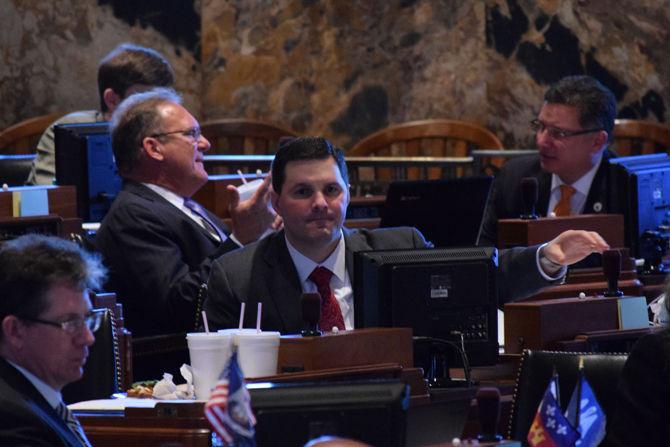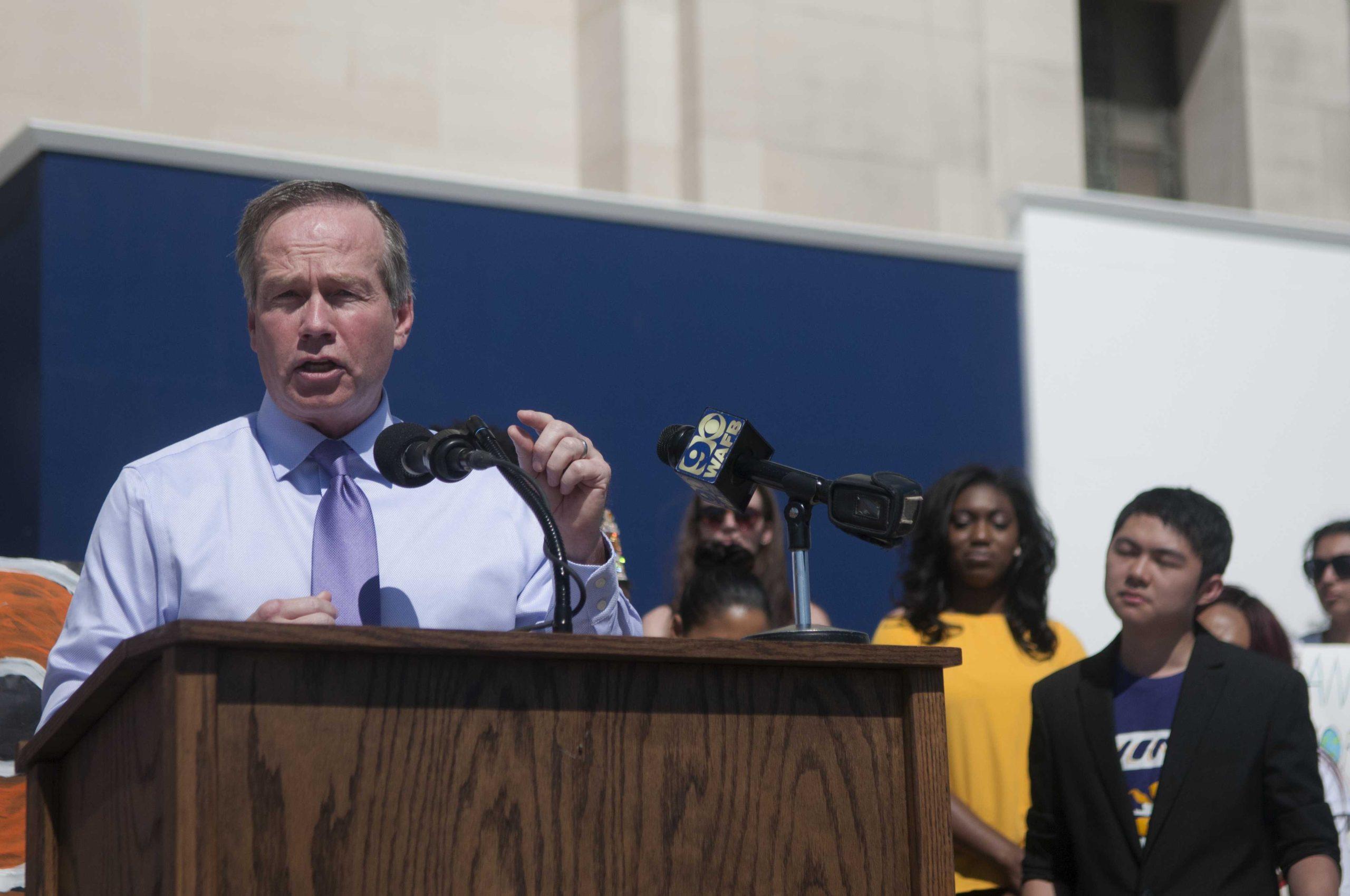The House Education Committee is scheduled to hear 10 TOPS-related bills Wednesday as legislators begin looking for more than $200 million to fully fund the popular scholarship program for the fall and spring semesters of the 2016-17 academic year.
Gov. John Bel Edwards has thrown his support to a measure that would decouple TOPS award amounts from tuition costs so students would have to pay the difference between their TOPS money and the actual tuition figure if tuition is increased further.
House Bill 390, by Rep. Nancy Landry, R-Lafayette, would fix the amount the state pays a student to the current academic year amount, unless the Legislature increases the award amount.
Many higher education leaders and lawmakers are confident TOPS — which has broad, bipartisan support — will be prioritized during the session, even as the Legislature must balance the budget with a $750 million deficit for the 2016-17 fiscal year without raising taxes. Regular legislative sessions in even years are prohibited from adjusting taxes.
That means other agencies will have to suffer cuts if lawmakers choose to fund TOPS fully. If no general fund dollars are found for the program, only around $65 million will go toward student scholarships. If so, the agency that administers it warned the ACT requirement would have to be raised to 28 to reduce the number of high school seniors who qualify.
“If I’m a parent, and my college savings plan was for my son or daughter to make a minimum 20 ACT to qualify for TOPS and now I find I’m not getting it, you’re going to have a lot of parents out there who . . .are going to be very mad,” said Commissioner of Higher Education Joe Rallo.
And while support for the program is wide-ranging, so is the desire to reform it to prevent further increases in its cost. TOPS is expected to cost the state $300 million next year if fully funded, more than triple its cost in 2000.
LSU President F. King Alexander said in a March interview he would be “seriously concerned,” if he was a TOPS student about the Legislature finding the money to fully fund the program.
State Rep Barry Ivey, R-Baton Rouge, filed legislation to raise the required GPA a student must have during college to retain his or her award. His House Bill 437 would raise the requirement after 24 credit hours from 2.30 to 2.50 and from 2.50 to 2.75 after 48 credit hours.
Students must currently have at least a 20 ACT score and 2.5 high school GPA to qualify for the scholarship.
“It’s a pretty low threshold,” Ivey said.
Another bill proposed by Ivey, HB438, would require students with high school GPAs below 3.0 and ACT scores between 18-21 to attend 2-year community or technical colleges before transferring to a 4-year university, but they maintain a required GPA in college.
“We almost set them up for failure. We say, ‘You can go to a 4-year program,’ but their academic achievements and ACT score don’t really indicate that they’ll be successful,” he said.
Rep. Julie Stokes, R-Kenner, drafted HB581 to make the scholarship a loan program for students who drop out or fail to meet requirements to keep their award. It would require total repayment from freshmen, 75 percent from sophomores, 50 percent from juniors and 25 percent from seniors. The loan would be forgiven for students who graduate.
Stokes’ bill would go into effect for students graduating high school in the current academic year.
Proposed bills address TOPS costs, qualifications
April 4, 2016
Rep. Barry Ivey, R-Baton Rouge, wants to take the handcuffs off higher education’s ability to raise tuition without legislative approval.






